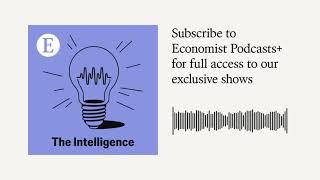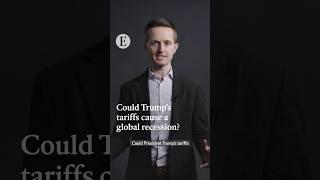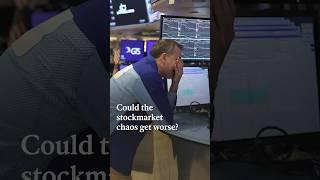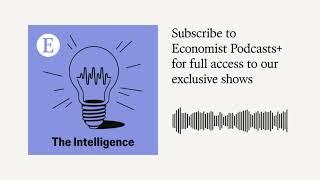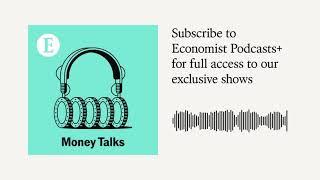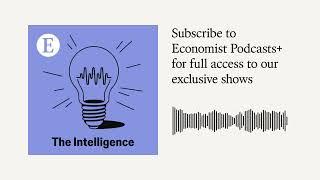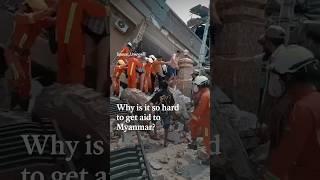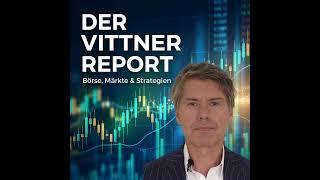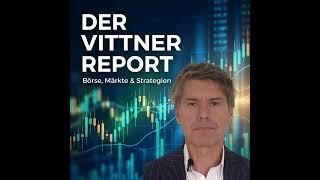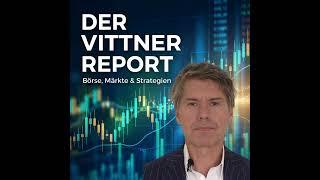Category Archive: 5.) The Economist
Art of the real: Trump bows to markets
Just 12 hours after Donald Trump launched his searing regime of tariffs, he paused (https://www.economist.com/finance-and-economics/2025/04/09/trumps-tariff-pause-brings-investors-relief-but-worries-remain?utm_campaign=a.io&utm_medium=audio.podcast.np&utm_source=theintelligence&utm_content=discovery.content.anonymous.tr_shownotes_na-na_article&utm_term=sa.listeners) many of them for 90 days. What's next for global trade? An...
Read More »
Read More »
Pulp friction: the trade war bites Apple
As Donald Trump’s sweeping tariffs take effect, our correspondent explains how one of America’s most profitable companies (https://www.economist.com/business/2025/04/04/apple-gets-caught-in-a-trade-war-nightmare?utm_campaign=a.io&utm_medium=audio.podcast.np&utm_source=theintelligence&utm_content=discovery.content.anonymous.tr_shownotes_na-na_article&utm_term=sa.listeners) may navigate the trade war. Are class divides...
Read More »
Read More »
Could Trump’s tariffs cause a global recession?
Henry Curr, our economics editor, explains why even if Trump were to u-turn now, he’s already caused lasting damage to the world economy.
Read More »
Read More »
Could the stockmarket chaos get worse?
Donald Trump’s tariffs have caused wild swings in the stockmarkets, but could the chaos get worse? Josh Roberts, our capital markets correspondent, gives his take
Read More »
Read More »
Economies of sail: migrant-smuggling entrepreneurs
More than 36,000 migrants (https://www.economist.com/britain/2025/04/01/britains-plan-to-smash-people-smuggling-gangs-has-a-big-problem?utm_campaign=a.io&utm_medium=audio.podcast.np&utm_source=theintelligence&utm_content=discovery.content.anonymous.tr_shownotes_na-na_article&utm_term=sa.listeners) crossed the English Channel in small boats last year. Our correspondent investigates the increasingly sophisticated business strategies...
Read More »
Read More »
Doomed traders: Trump’s tariff fallout
Since Donald Trump announced punishing tariffs on “Liberation Day” last week, stock markets have fallen and governments and businesses scrambled to respond. Our correspondent discusses the impact on the global economy...
Read More »
Read More »
Why Trump’s tariffs are a massive mistake
President Trump’s tariff plan is the biggest break in American trade policy in over a century. It’s also one of the most profound and harmful mistakes of the modern era. Our economics editor, Henry Curr, explains why it’s so utterly deluded.
Read More »
Read More »
Over the Yoon: South Korea ousts president
South Korea has been paralysed since its president declared martial law in December. Even after his impeachment (https://www.economist.com/asia/2025/04/04/yoon-suk-yeol-south-koreas-disgraced-president-is-ousted?utm_campaign=a.io&utm_medium=audio.podcast.np&utm_source=theintelligence&utm_content=discovery.content.anonymous.tr_shownotes_na-na_article&utm_term=sa.listeners), politicians face a divided polity and battered economy. Why...
Read More »
Read More »
Trump’s tariffs: what happens now?
Donald Trump’s “Liberation Day” tariffs have sent shockwaves across the global trading system, causing chaos and consternation. The Economist’s business affairs editor, Rachana Shanbhogue, gives her insight
Read More »
Read More »
Import-extort: what to make of Donald Trump’s titanic tariffs
After months of bluster, he’s finally done it. At a ceremony in the White House Rose Garden, Donald Trump overturned decades of American trade policy with a simple signature. The new wave of trade restrictions...
Read More »
Read More »
Wall of duties: Trump’s towering tariffs
SHOW-NOTES TEXT (with links and timestamps; 60 wds max)
Even in the run-up to Donald Trump’s “Liberation Day (https://www.economist.com/finance-and-economics/2025/04/03/trump-takes-americas-trade-policies-back-to-the-19th-century?utm_campaign=a.io&utm_medium=audio.podcast.np&utm_source=theintelligence&utm_content=discovery.content.anonymous.tr_shownotes_na-na_article&utm_term=sa.listeners)” tariff hikes, few had expected such...
Read More »
Read More »
Ballot from the blue: will Ukraine hold a poll?
Months ago, holding an election (https://www.economist.com/europe/2025/03/30/zelensky-trump-and-putin-may-all-have-done-u-turns-on-elections-in-ukraine?utm_campaign=a.io&utm_medium=audio.podcast.np&utm_source=theintelligence&utm_content=discovery.content.anonymous.tr_shownotes_na-na_article&utm_term=sa.listeners) in wartorn Ukraine seemed impossible. Now plans are being made. Our correspondent explains the prospects for the campaign...
Read More »
Read More »
Why do Americans love British English so much?
What do “bonkers”, “dicey” and “shambolic” have in common? Our language correspondent, Lane Greene, delves into the Britishisms that Americans love
Read More »
Read More »
Right down: Le Pen barred
Marine Le Pen (https://www.economist.com/europe/2025/03/31/barring-marine-le-pen-is-a-political-thunderbolt-for-france?utm_campaign=a.io&utm_medium=audio.podcast.np&utm_source=theintelligence&utm_content=discovery.content.anonymous.tr_shownotes_na-na_article&utm_term=sa.listeners) is one of France’s most popular politicians, who has brought the National Rally party to the heart of the political landscape. Our correspondent explains...
Read More »
Read More »
Shock and war: Myanmar junta exploits quake
Civil war in Myanmar is hampering relief efforts (https://www.economist.com/asia/2025/03/30/the-juntas-spite-worsens-myanmars-catastrophic-quake?utm_campaign=a.io&utm_medium=audio.podcast.np&utm_source=theintelligence&utm_content=discovery.content.anonymous.tr_shownotes_na-na_article&utm_term=sa.listeners) after the devastating earthquake on Friday, as the ruling military regime intensifies attacks on resistance fighters. The impact...
Read More »
Read More »
Is Elon Musk’s business empire in trouble?
While the world's richest man has been distracted shrinking the US government, Tesla's share price has plummeted and rival EV firm, BYD, has overtaken it in revenue. Are Musk's businesses in trouble? Our US technology editor, Henry Tricks, explains.
Read More »
Read More »
Why is it so hard to get aid to Myanmar?
Myanmar has been struck by a series of devastating earthquakes, and its deadly civil war will make it one of the most difficult places for aid to reach. Our Asia correspondent, Sue-Lin Wong, explains why
Read More »
Read More »
Whack of all trades: America’s economy
No surprises here: The Economist reckons tariffs are a terrible trade tool. But what is most clearly harming American businesses and scaring off investors is persistent uncertainty...
Read More »
Read More »
Has Turkey become an autocracy
Turkey’s president, Recep Tayyip Erdogan, is facing major protests after imprisoning his main political rival, sparking the biggest protests seen in a decade. The move could signal a new shift towards autocracy
Read More »
Read More »
Niall Ferguson: will Trump elude historians?
Is the use of private messaging apps like Signal by politicians erasing crucial historical evidence? Historian Niall Ferguson warns that in the future it might be much harder to write the biographies of modern leaders #historytok #history #niallferguson #donaldtrump #signal #uspolitics
Read More »
Read More »










